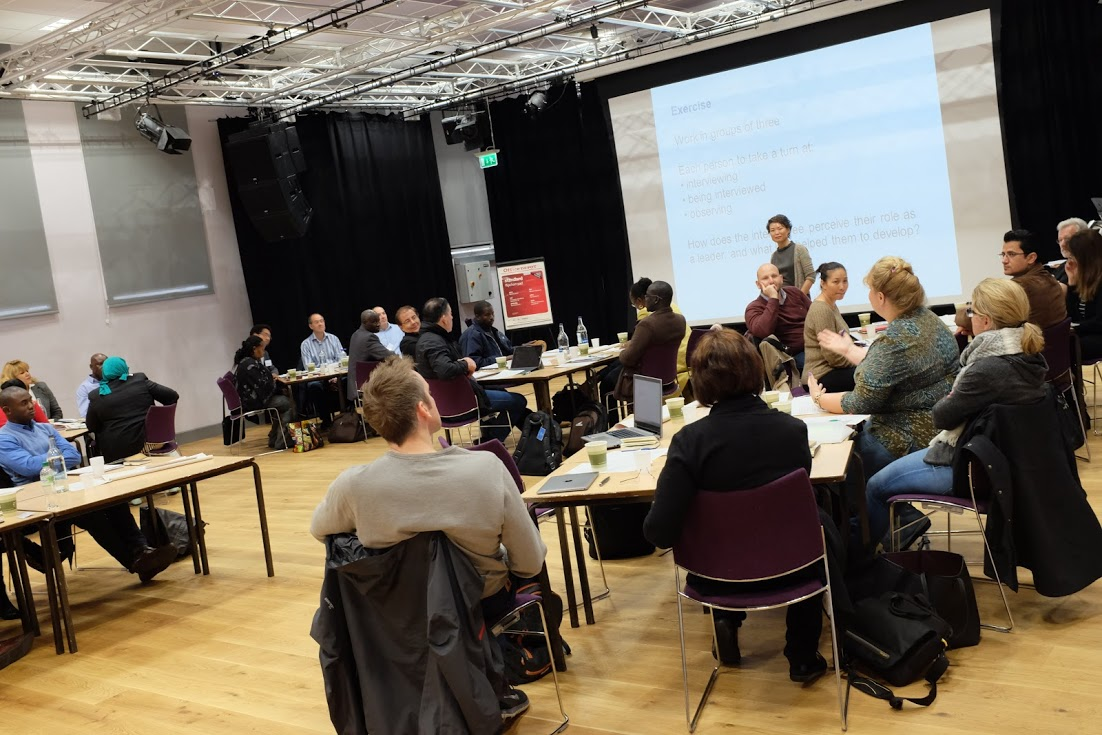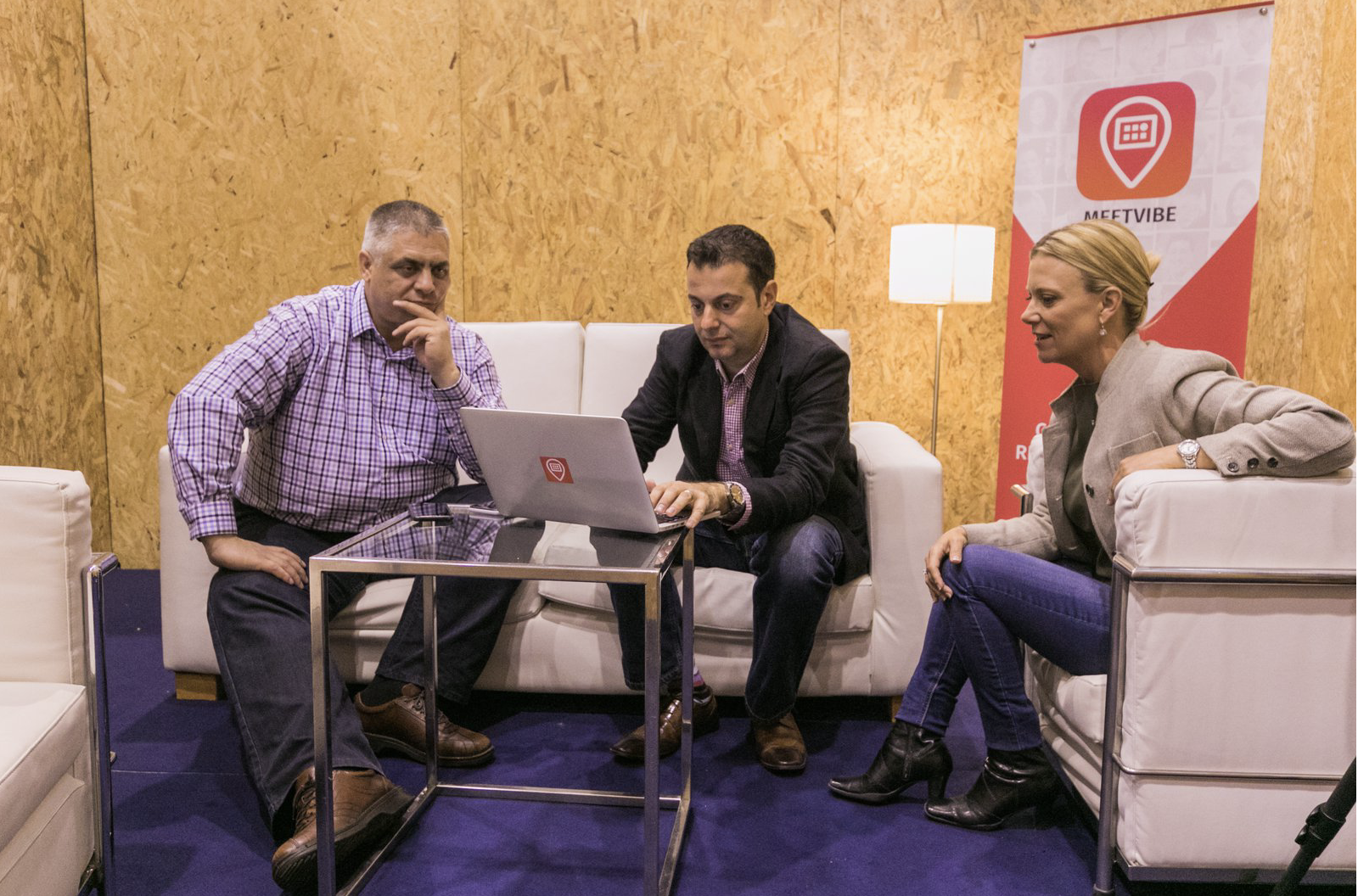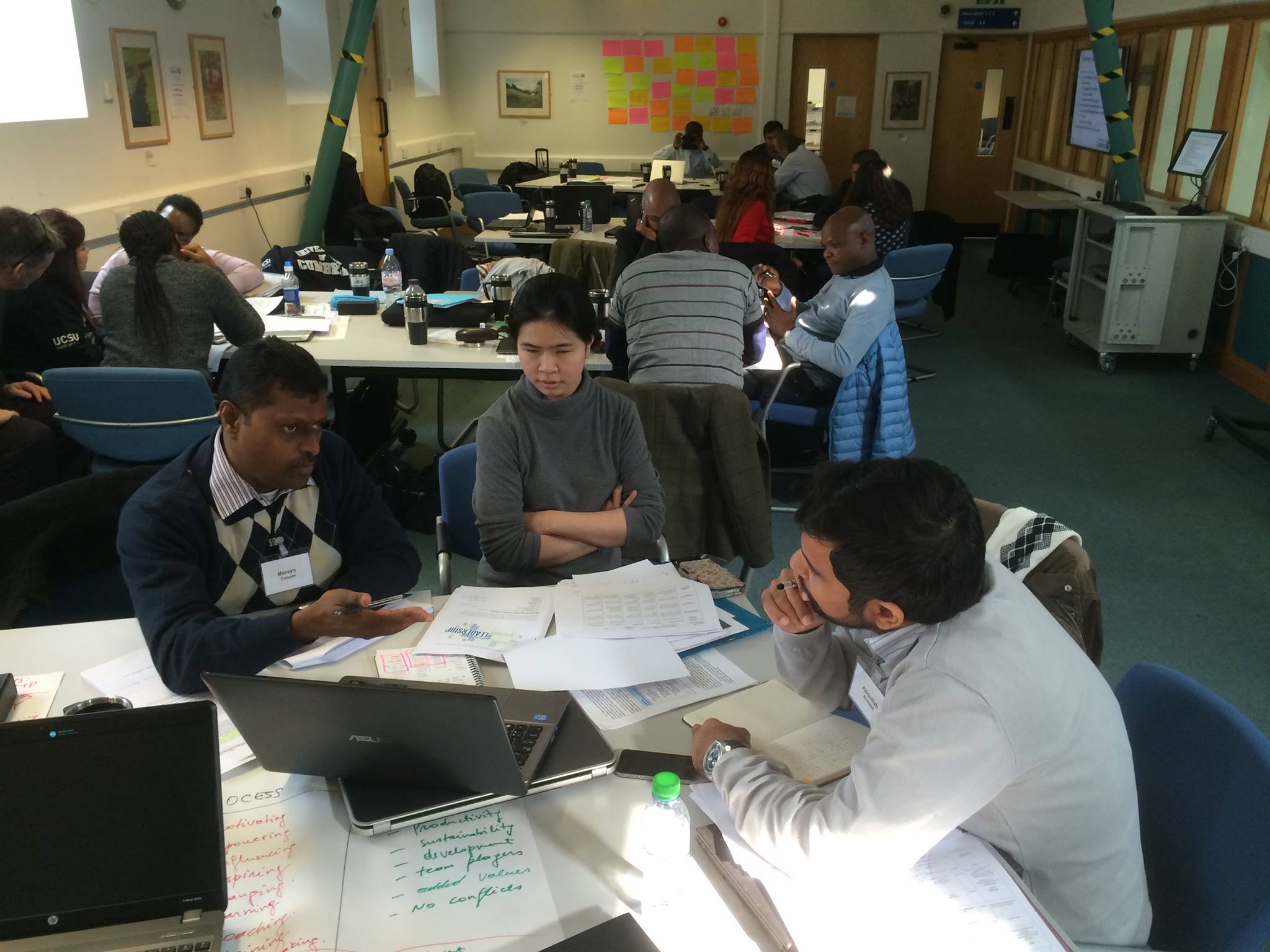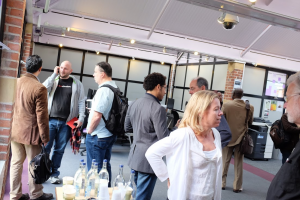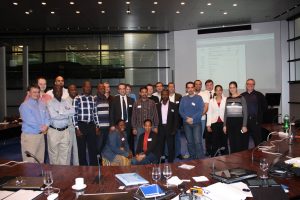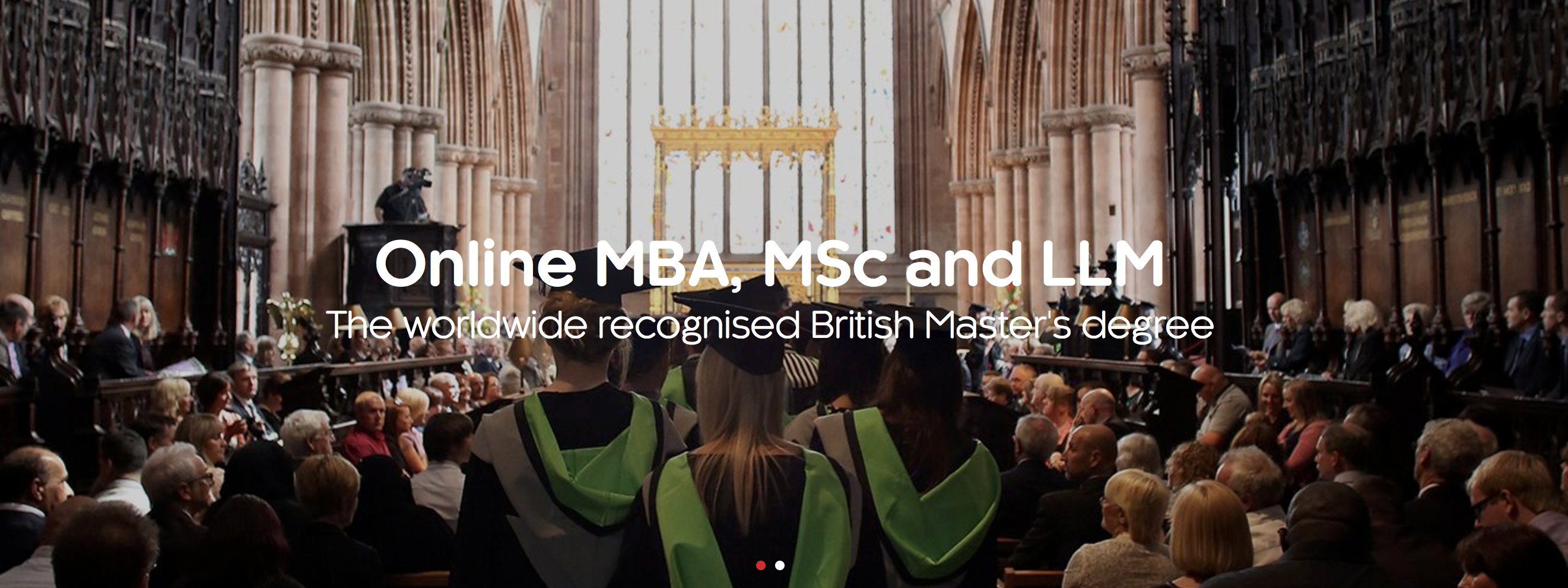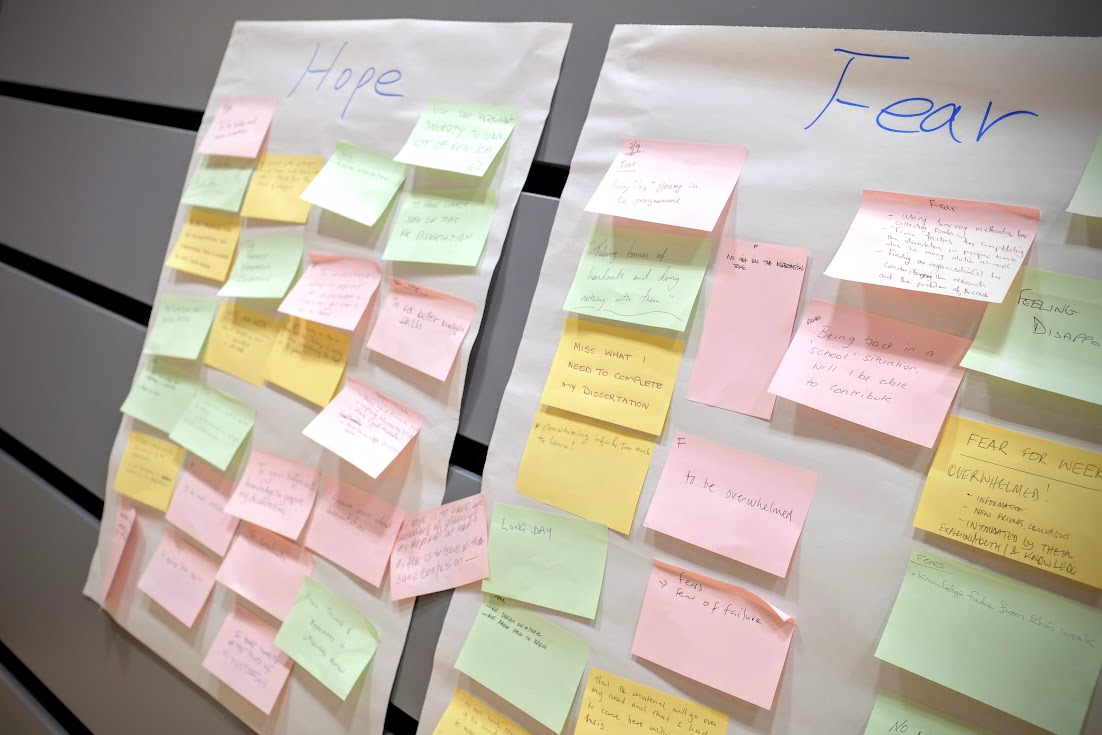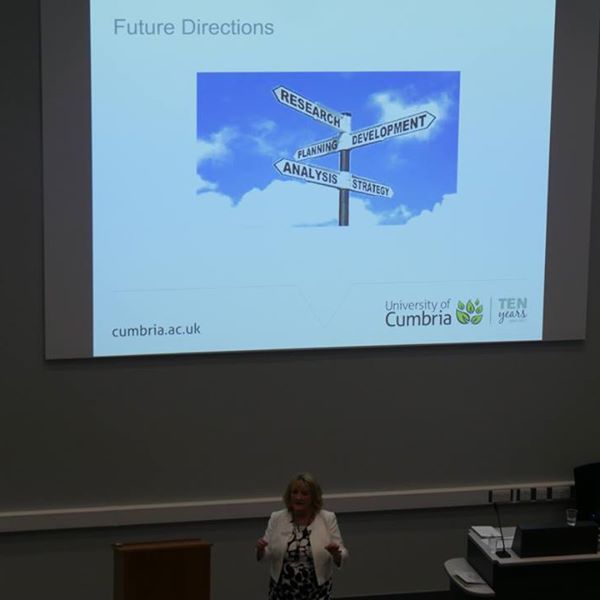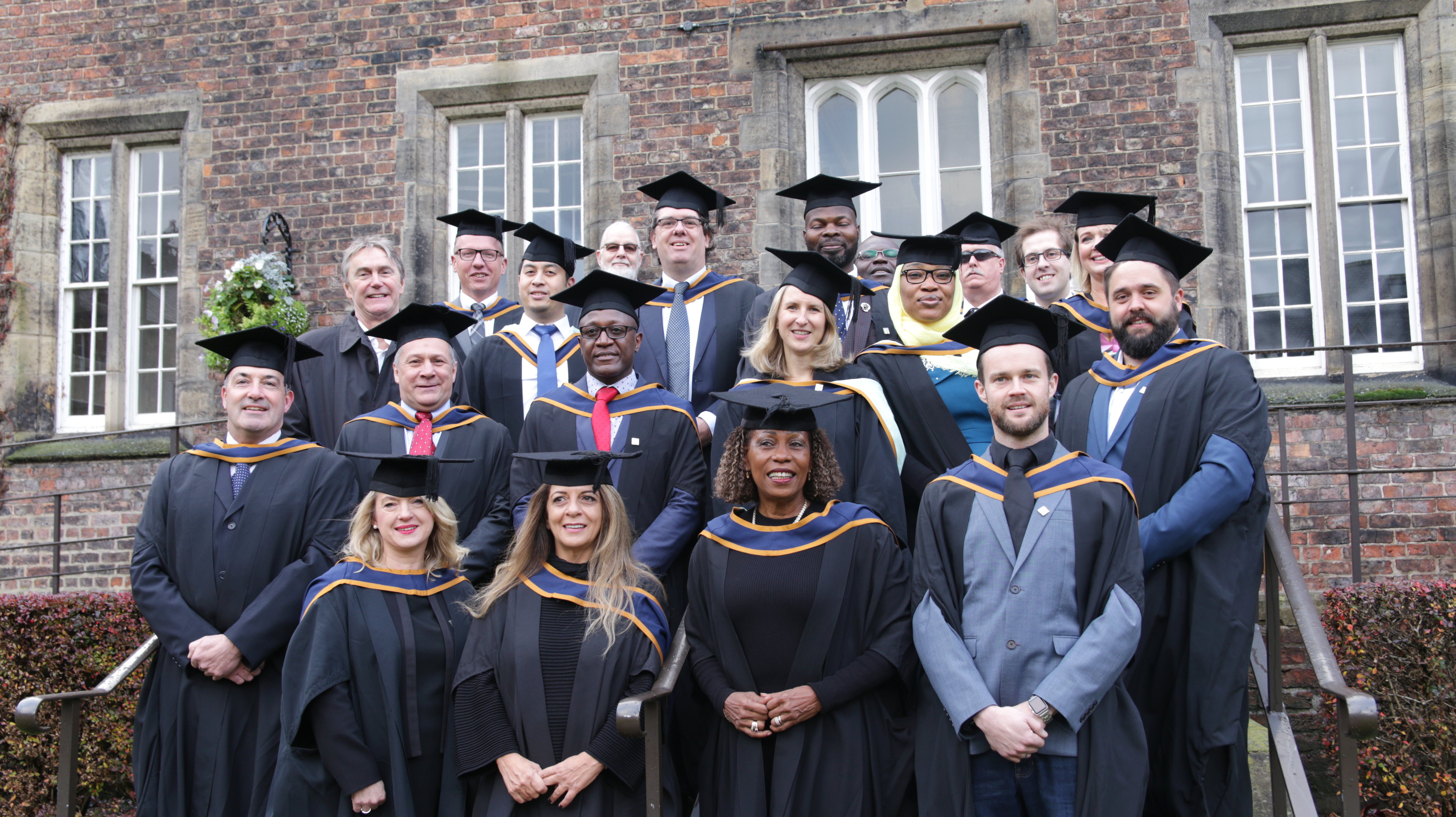
Most master’s degrees will equip students with essential skills that are indispensable in the work place. But what most employers don’t realise or take for granted is that master’s degree also equips students with a higher level of skill, discipline and specialist knowledge needed in today’s highly competitive and global business environment.
Thus, the importance of properly marketing your master’s degree, highlighting specialised skills and knowledge learnt is vital in securing the career you seek. Do not assume that your employer recognises the value of your degree, after all there are a number of unique master’s programmes out there and you are not the only applicant for the job. The following are a few tips on how you can better market your master’s degree.
- The Degree
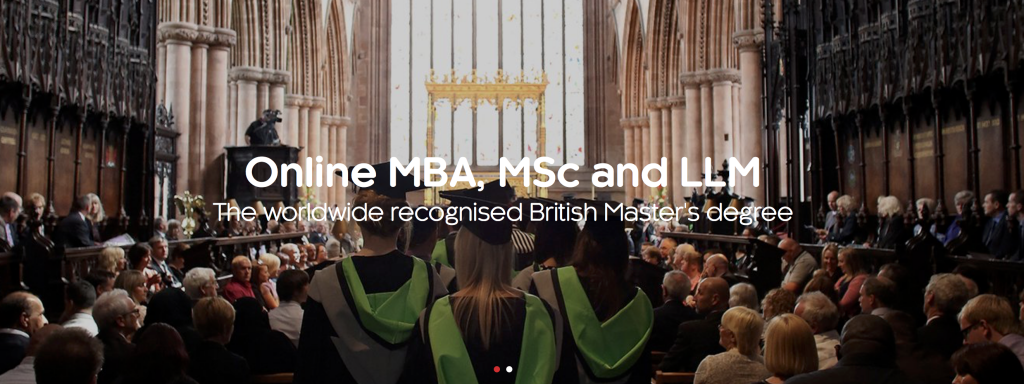
The importance of education and selling the value proposition of your degree cannot be understated, thus it is important that you believe in the degree that you have worked so hard to earn.
Whether your degree is a specialised one or a generic degree, both can add value to an organisation. A generic degree helps students to see the big picture, to better see the various factors that come into play in the functioning of a department or the organisation. A specialised degree will help in distinguishing the applicant in todays competitive job market, equipping the student with specialised skills and knowledge to excel in a particular career profile.
- The University/ College

Students today are no longer limited to getting an education from their local university or college, they can travel to any part of the world and attend any university for which they are eligible to apply. As a result, most employers might not be aware of the university attended or course completed. This provides you with the perfect opportunity to extol the virtues of your university, from your alumni network to the local/ global ranking, it could be anything that you are proud of and believe can make a positive impression on the employer.
- Love what you learnt, do what you Love

In most cases, applicants (especially those who have returned to studying after working for a few years) would have completed their master’s programme in a subject that they feel passionately about. Which is why they have invested time and money in a programme that would not only improve their long-term career prospects in a field of their interest, but also increase their knowledge and skill in the subject they are passionate about. Don’t be afraid to let this passion be seen by your employer as it will give them a good indication of your enthusiasm and commitment to your field of interest. A passion that will only prove to be beneficial to the organisation.
- What’s in it for me
Put yourself in the shoes of your employer. At the end of the day what it comes down to is tangibles – Sales, Production, Operations, Customer Satisfaction, etc., whatever the field, think how you can contribute towards the company’s bottom-line growth and it goals. Talk about the theories, principles and skills you learnt from the programme and connect them back to your prior work experience and the projects you completed. Impress upon your employer the skills and knowledge you can bring to the organisation because of your education, such as – flexibility and adaptability, time management, critical thinking and problem solving, presentation skills and research and writing, to just list a few.
Your commitment towards your studies, especially if you have good grades to back you up, is also a good indication of your commitment and will leave a positive impression with your employer.

Robert Kennedy College with 31 Master’s degree programmesand almost 14,000 students from almost every county in the world offers one of the most diverse, accredited and globally recognised online master’s degree programmes in both Business Law, Leadership and Management through exclusive partnerships with British universities. For more information download programme catalogue.
On behalf of the faculty and staff of Robert Kennedy College, I would like to wish all our readers a Very Happy and Successful New Year 2019!!


